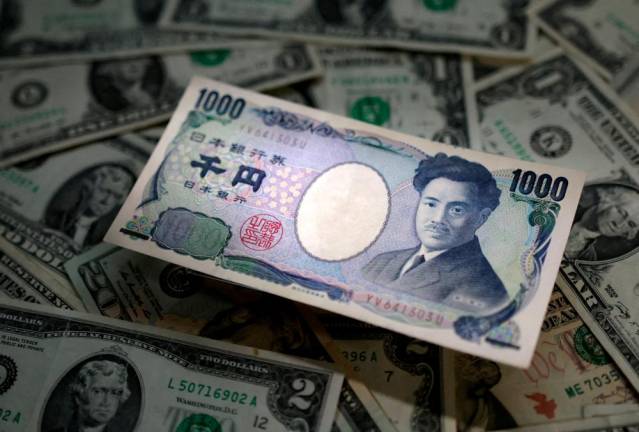KUALA LUMPUR: UOB Malaysia Bhd foresees the challenging economic outlook for Malaysia to continue into next year, due to uncertainty over the US-China trade war, the outcome of impeachment proceedings against US President Donald Trump, and geopolitical tensions in the Middle East and North Korea.
Senior economist Julia Goh (pix) said that while there are more downsides currently, some positives to note are: a pickup in global manufacturing, an inflow of foreign funds into the region and pre-emptive measures taken by central banks to help support economic growth.
However, for Malaysia, the country has actually seen a net foreign outflow of about RM40 billion from the equity and bond markets to date since May last year.
“I think this is due to concerns about domestic policy or political uncertainty, and also the external environment hasn’t been that encouraging. Although there has been positive inflow to the region, generally I think investors are still on the sidelines when it comes to Malaysia,” said Goh.
Malaysia’s gross domestic product (GDP) growth is expected to come in 4.4% next year, lower than UOB’s forecast of 4.6% for 2019.
Despite the lower projection, the economy will still perform better compared to other advanced markets, non-Asia emerging markets and developing economies.
“Malaysia’s growth will be largely supported by private sector spending, in particular private consumption. To date, private sector spending accounts for 77% of Malaysia’s GDP and contributes 4.5% to the country’s headline growth.
“This, coupled with the economy’s underlying strengths, will provide support for its economic growth in 2020 and help mitigate against external pressures,“ said Goh at an outlook briefing today.
Ultimately, Goh said there needs to be a balance in contribution from consumption, investment and trade to ensure the sustainability of private sector spending.
She added that there is room for Malaysia’s GDP growth to accelerate past 4.4% should government spending recover and investor confidence improve. If this happens, it is possible for an upward revision of GDP growth to 4.6-4.8%.
Goh also said there is room for Bank Negara Malaysia to cut the Overnight Policy Rate (OPR) by 25 basis points to 2.75% in the first quarter of 2020.
In terms of inflation, there could be an uptick to above 2%.
As for the ringgit, Goh said it could break past 4.20 against the US dollar if trade optimism fades.
“The ringgit is very sensitive to what is happening in terms of trade development, but if there is no significant escalation in tension between US and China and the Phase One deal is signed, then there is room for the ringgit to stabilise around 4.10 -4.20,” she said.










